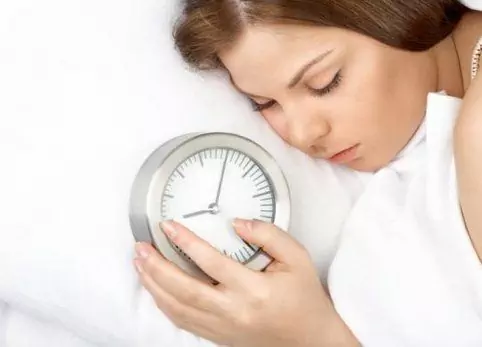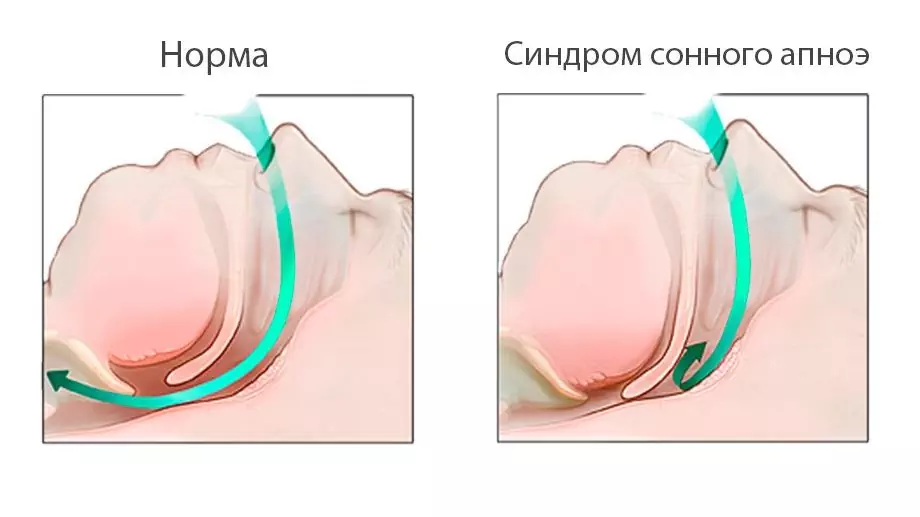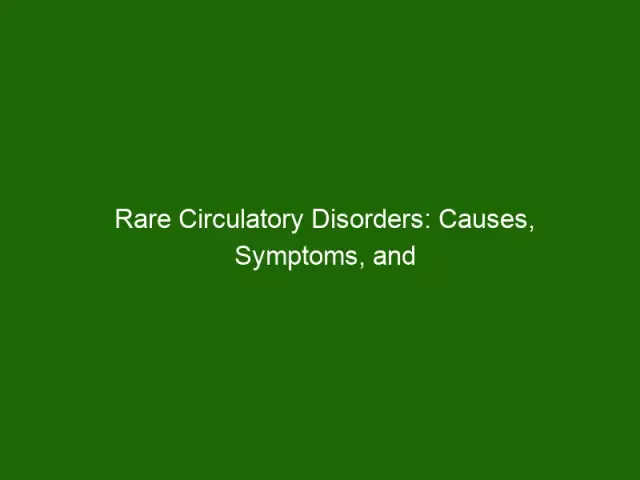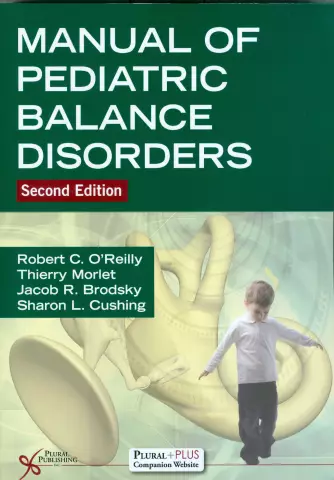- Author Rachel Wainwright wainwright@abchealthonline.com.
- Public 2023-12-15 07:39.
- Last modified 2025-11-02 20:14.
Sleep disturbance

Every adult has experienced sleep disturbance at least once in his life and knows firsthand what it is. There can be many reasons for sleep disturbances, but when these disturbances are single, appear episodically and are associated with a certain stimulus (situational), they are not considered a disease, although, of course, they are unpleasant. Sleep disturbance is referred to as a health problem when a patient experiences this condition on a regular basis for a long time, as a result of which his quality of life decreases.
Sleep disturbance is a very common problem, according to medical statistics, more than 10% of the population suffer from it in one form or another, and these are only those who seek medical help. It is believed that if you take into account those who are making attempts to treat sleep disorders on their own, then this figure should be at least doubled.
Types of sleep disorders
It is customary to consider insomnia as the main type of sleep disorder, although this is just one of the disorders. The following classification of sleep disorders is currently accepted:
- Insomnia, or insomnia. Disorder of falling asleep and the ability to stay asleep during the time required for rest. Insomnia can be caused by various reasons: illness, including mental illness, medication, alcohol, coffee, breathing disorders during sleep, restless legs syndrome, stress, etc.
- Hypersomnia, or pathological drowsiness. It can also be due to the presence of diseases - from mental to infectious, taking medicinal and narcotic substances, respiratory disorders.
- Violation of the correct alternation of sleep and wakefulness. Even caused by everyday factors, for example, constantly changing work schedule, such disturbances can lead to persistent sleep disturbances. This type of disorder is divided, in turn, into delayed sleep syndrome, premature sleep syndrome, and non-24-hour cycle syndrome.
- Parasomnias. These are sleep function disorders, during which there is a failure in sleep phases, incomplete awakening, increased physical activity, etc. These include: "sleepwalking", enuresis, attacks of night fears, nocturnal epileptic seizures and other functional sleep disorders.
Sleep disorders
Many factors can act as causes of sleep disturbances. Susceptibility to situational factors depends on the individual properties of the psyche. People who are easily excitable and impressionable easily get lost from their usual sleep and wakefulness regimes, and often even a slight psycho-emotional shock can trigger the development of sleep disorders.
If we are talking not about a situational disorder, but about a permanent one, then the most common cause of sleep disturbance in adults is a physical illness. The range of diseases that cause sleep disorders is very wide. These can be nervous, mental disorders, brain tumors, endocrine diseases, diseases of the cardiovascular system, etc. Such diseases can cause sleep disorders in children, but are not the main cause, since they are much less common in childhood.
Drug abuse is a common cause of sleep disorders, especially in cases of self-medication. Sleep disorders due to excessive intake of caffeine-containing drinks (tea, coffee, energy tonics, which are popular recently, especially among young people), as well as the use, especially systematic, of alcohol or drugs, can be attributed to the same group of reasons.
Sleep disorders in children, especially young children, are often caused by pathologies of the nervous system of a congenital nature, or acquired as a result of birth trauma. In other cases, we are talking mainly about behavioral disorders caused by improper organization of the process of going to bed, or eating disorders, for example, late meals, irregular meals, evening intake of digestible food.
It may seem strange, but the wrong organization of sleep can cause sleep disturbance in adults to the same extent. Lack of daily routine, habitual bedtime rituals, improper diet and poorly chosen place for a night's rest can, just like in young children, cause persistent sleep disturbances.
Sleep disorders diagnostics
Since sleep disorders are often a symptom of serious illnesses, careful diagnosis is required, especially for persistent, long-term sleep disturbances leading to chronic fatigue, decreased attention, performance, and other symptoms of constant lack of sleep. A general examination and neurological examination are carried out using laboratory methods (biochemical parameters of blood, urine, etc.) and hardware (EEG, ECG, brain tomography, etc.) diagnostics.
Sleep disorders treatment

If a disease is identified that caused the development of the disorder, then the treatment of sleep disorders consists mainly of treating the underlying disease. To eliminate sleep disorders in this case, a mild sedative can be additionally applied, but only after consulting the doctor treating the underlying disease.
Treatment of sleep disorders is usually complex, consisting of the use of medication and non-medication. They use sedatives and sleeping pills, with a carefully calculated dosage, since many of them, when used uncontrolled, can be addictive and even a reverse reaction - cause an increase in sleep disturbances, especially often after cancellation.
Non-drug treatment of sleep disorders is, first of all, in the correct organization of the process of going to sleep. There are general recommendations, following which in some cases helps to get rid of insomnia without even resorting to medications. So, for patients with sleep disorders, the daily regimen and nutrition, sufficient physical activity to avoid overwork, walking in the fresh air before bedtime, light water procedures, etc. are very important.
From medical devices, physiotherapeutic procedures give good results: (electrosleep, calcium-galvanic collar according to Shcherbak, etc.), baths with herbal extracts (sage, pine needles) or oxygen baths, foot and neck massage, ozone therapy. In some cases, a course of psychotherapy is indicated. Sleep disorders, even persistent ones, are successfully treated with balneology remedies. In this case, a change in the environment, the absence of habitual irritants, the organization of good rest and proper nutrition, as well as balneotherapy, mud therapy, thalassotherapy and other mild but effective means of treating sleep disorders using natural factors, play a positive role.
YouTube video related to the article:
The information is generalized and provided for informational purposes only. At the first sign of illness, see your doctor. Self-medication is hazardous to health!






